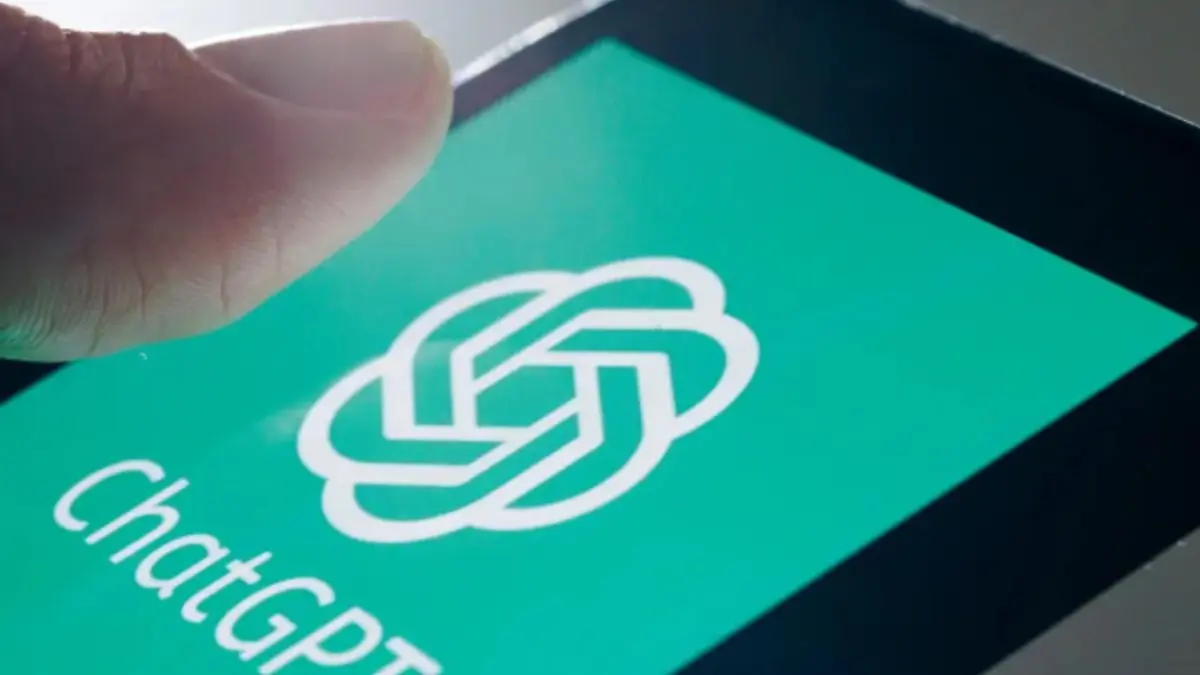Updated 16 May 2025 at 17:13 IST
US Student Demands Fee Refund After Catching Prof Using ChatGPT for Lectures
Ella Stapleton, a graduating senior at Northeastern University, filed a complaint after spotting AI-generated material in her professor's lecture notes including a “ChatGPT” reference. But her demand for a tuition refund didn’t go as planned.
- Viral News
- 2 min read

Boston: A final-year student at Northeastern University in Boston, USA, Ella Stapleton, has stirred debate over the use of artificial intelligence in classrooms after accusing one of her business professors of secretly using AI-generated content in his lectures — the very technology he had discouraged students from relying on.
Ella, who graduated this year, grew suspicious of her professor’s teaching material when she noticed multiple red flags. Among them were repeated typos, strange visuals of figures with extra limbs, and a surprising entry in the bibliography: a “ChatGPT” citation. These signs, she believed, clearly pointed to the use of AI tools in preparing the lecture slides, New York Times reported.
“He’s telling us not to use it, and then he’s using it himself,” Ella said, as per the New York Times, expressing frustration over what she called a “double standard.”
The incident led Stapleton to file a formal complaint with Northeastern’s business school. She not only flagged the professor’s undisclosed AI usage but also questioned his overall teaching approach. In her complaint, she demanded a refund of over \$8,000 for that particular course — roughly the cost of one term.
Advertisement
However, after several rounds of internal meetings, the university rejected her refund request.
Professor Admits AI Use
The professor in question, Rick Arrowood, admitted in an interview that he did use AI tools including ChatGPT, the Perplexity AI search engine, and a presentation generator called Gamma while preparing his lectures.
Advertisement
“In hindsight… I wish I would have looked at it more closely,” Arrowood said, acknowledging that professors should be transparent and thoughtful when using AI in education. “If my experience can be something people can learn from,” he added, “then, OK, that’s my happy spot.”
University Responds
Northeastern University issued a general statement in response. Renata Nyul, the Vice President for Communications, told Fortune, “Northeastern embraces the use of artificial intelligence to enhance all aspects of its teaching, research, and operations. The university provides an abundance of resources to support the appropriate use of AI and continues to update and enforce relevant policies enterprise-wide.”
Ever since ChatGPT went public in late 2022, students across campuses worldwide have used it to finish essays and assignments in minutes — leading to mistrust between students and faculty. Many universities, including Northeastern, have introduced strict rules or outright bans on AI usage by students.
Published By : Aditi Pandey
Published On: 16 May 2025 at 17:13 IST
